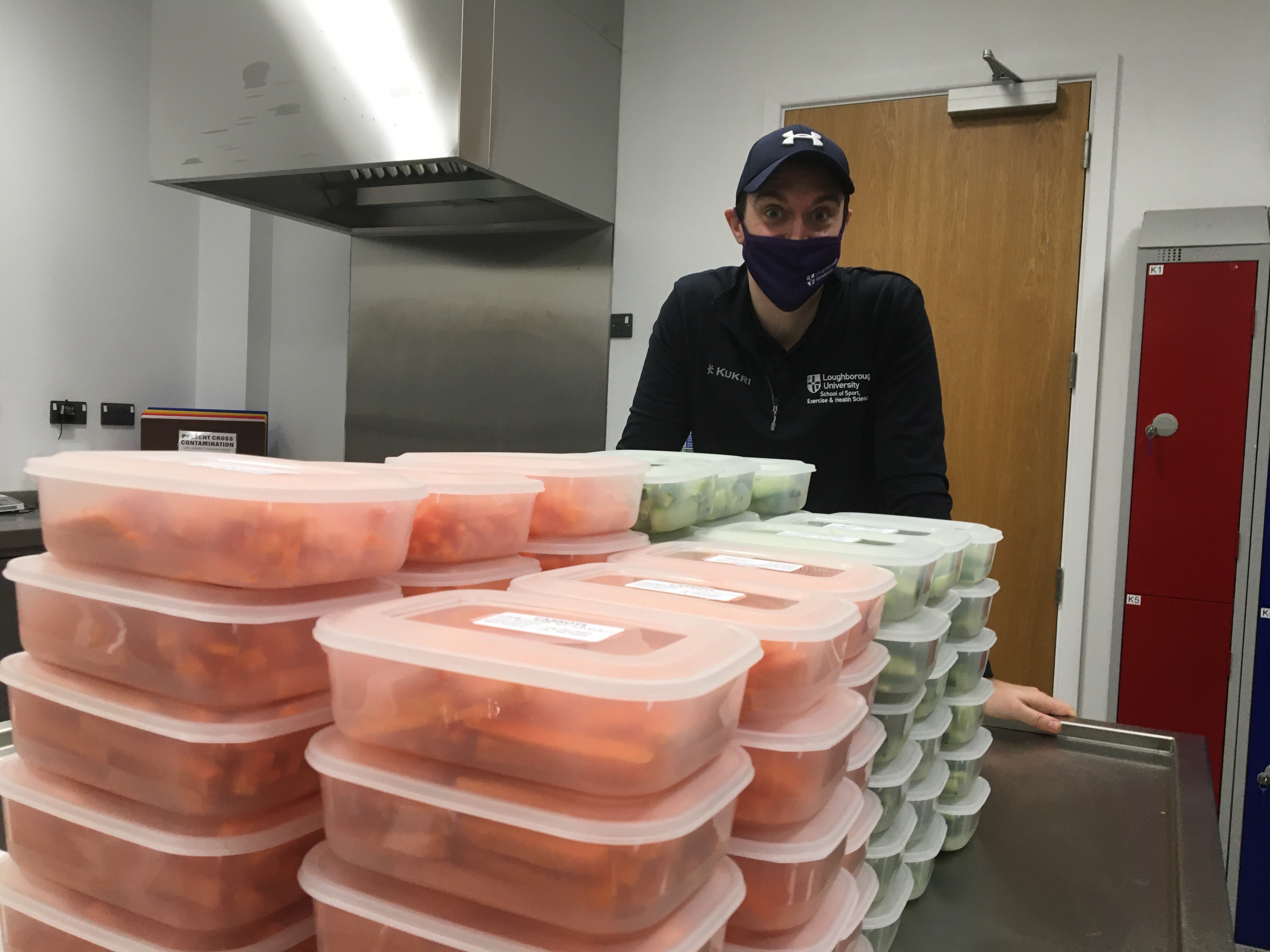Yet many commercially produced breakfast foods are high in added sugars and low in nutrients, resulting in breakfast all too often becoming the most sugar-laden meal of the day. Not only do we know that a diet high in sugar-laden foods can be bad for health in the long run, but in the short term a high-sugar breakfast can lead to a feeling of lethargy soon afterwards as physiological systems kick in to reduce the amount of sugar in our blood. All in all, the research suggests that breakfast should be low in added sugar to optimise health.
The difficulties associated with a sugar-laden breakfast are all too present for children. Many parents struggle to encourage their children to eat a diet low in added sugar and high in nutritious food items; therefore, our research is looking at novel ways to help families and childcare providers instil healthy eating habits from children’s early years. One method we are currently investigating is whether offering vegetables at breakfast time encourages children to eat more vegetables throughout the day and reduce the amount of added-sugar items they consume at breakfast.
To test an initial idea, Professor Amanda Daley, Professor Emma Haycraft and our research team prepared in the region of 30,000 carrot and cucumber sticks and delivered them to local nurseries for preschool children to eat with their breakfast. From the work we have conducted so far, offering vegetables to children for breakfast has the potential to be an exciting new way of increasing children’s daily vegetable intake, with children eating some part of the vegetables in six out of ten instances where vegetables were offered for breakfast at nursery. Although eating vegetables for breakfast sounds unusual, any food can be consumed at any time of day – it’s just our learned social norms that lead us to believe that particular foods are “breakfast foods” and others are not.
Vegetables tend to be vitamin and mineral-rich foods with low calorie content, meaning that in terms of health and weight maintenance they offer great value in children’s diets. Regularly including them as part of breakfast could reduce the quantity of sugar-laden foods that children need to eat to be full enough to see them through to break time.
Vegetables can be incorporated into a child’s breakfast in many ways depending on their age. They can be added into an omelette, blended into a smoothie, or grated into porridge. They could also be added as an accompaniment to a main breakfast meal, for example cucumber sticks, mushrooms or sugar snap peas alongside their regular food.
Find out more about Sugar Awareness Week 2022
Doctoral Prize Fellow
Centre for Lifestyle Medicine and Behaviour

